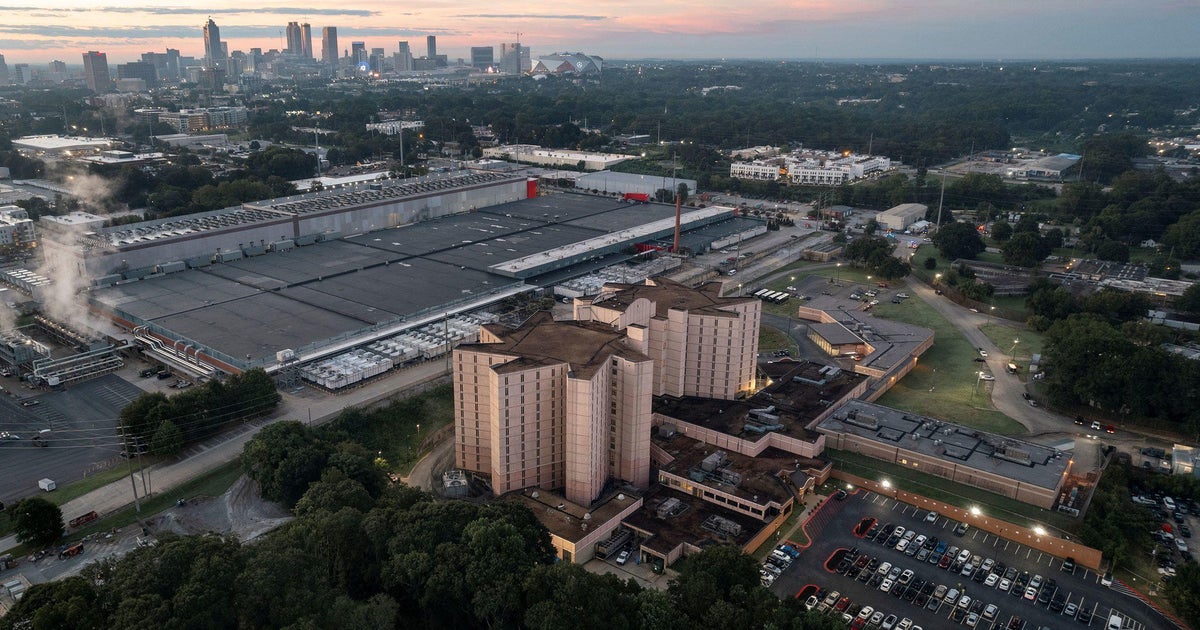Millennials, Gen Z are putting off major financial decisions because of student loans, study finds
Student loan debt has forced many younger Americans to hold off on other major financial decisions, a new study finds. But despite the challenges, the vast majority said the debt would not have stopped them from pursuing higher education in hindsight.
Millions of Americans are burdened with student loans. It has ballooned in the past two decades with Americans holding more than $1.7 trillion in student loan debt, including more than 43 million Americans with $1.6 trillion in federal student loans. It's the second largest form of debt in the United States behind home mortgages.
74% of Gen Z borrowers and 68% of millennials who took on student loan debt for their higher education delayed a major financial decision as a result of their debt, according to a report released Wednesday by Bankrate.com. That's higher than it has been for older generations: About 54% of Gen X and 42% of baby boomer borrowers said they have delayed a major financial decision due to their student loan debt.
Among those who put off major financial decisions, 27% overall said they delayed saving for emergencies, 26% said they put off saving for retirement, 24% delayed paying off other debt and 23% put off buying a house.
"Savings is the biggest casualty of servicing student loan debt, as saving for emergencies and saving for retirement top the list of financial decisions most often delayed as a result of student loan debt," said Bankrate.com chief financial analyst Greg McBride.
While the financial decisions for those who delayed due to student loan debt were spread across age groups, 23% of Gen Z and 19% of millennials said they put off having children due to student loan debt compared to 9% of Gen X and 2% of baby boomers. At the same time, 18% of Gen Z and 15% of millennials said they delayed marriage, compared to 6% of Generation X and 2% of baby boomers.
Despite the burdens, 59% of those who graduated with student loan debt said that higher education has improved their career opportunities or earning potential. McBride said this signals while saving might be delayed, for many it will result in greater ability to save over the long run.
Just 10% of those who borrowed for school said they would not have pursued higher education in hindsight.
But for many, student debt is not without regrets. More than half of borrowers said they would have still attended college but would have done something differently: apply for more scholarships, work while they were in school, get a different degree or attend a cheaper school.
The Biden administration has been grappling with how to tackle the student debt crisis. Earlier this month, the White House extended the pause on federal student loan payments which has been in place since the beginning of the coronavirus pandemic through August. It means the vast majority of borrowers have not had to make a payment on their federal student loans in more than two years. But the administration has not made a decision about whether President Biden will cancel student loan debt as some Democratic lawmakers have been calling for.
In a recent interview, White House Press Secretary Jen Psaki said that canceling federal student loan debt is "still on the table." But the White House has also called on Congress to act.
Critics of canceling student loan debt have raised an argument of fairness. Some have also pointed out that simply canceling student loan debt does not get at the root of the problem that the cost of higher education continues to go up.
The average cost of tuition and fees for a full-time undergraduate student at a four-year public in-state school was $10,740, according to the College Board. For out-of-state students, the cost was more than $27,000. The average cost of a private nonprofit education for the most recent school year was more than $38,000, the College Board found.



